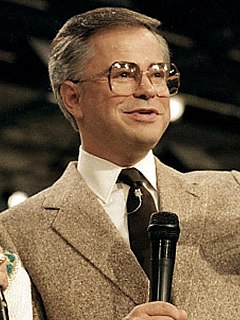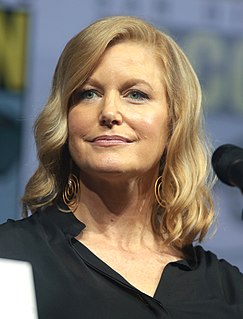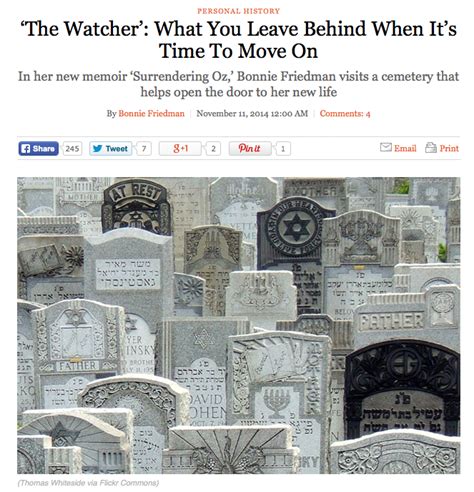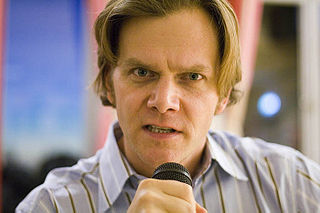A Quote by Tawni O'Dell
They were like English teachers who took the fun out of a perfectly good book by breaking it down into themes and sentence structures
Related Quotes
It would be good if teachers could genuinely understand that black English is not mistakes, it's just different English, and that what you want to do is add an additional dialect to black students' repertoire rather than teaching them out of what's thought of as a bad habit, like sloppy posture or chewing with your mouth open.
You know, I was a kid who had difficulty speaking English when I first immigrated. But in my head, when I read a book, I spoke English perfectly. No one could correct my Spanish. And I think that I retreated to books as a way, you know, to be, like, masterful in a language that was really difficult for me for many years.
I walk around the school hallways and look at the people. I look at the teachers and wonder why they're here. If they like their jobs. Or us. And I wonder how smart they were when they were fifteen. Not in a mean way. In a curious way. It's like looking at all the students and wondering who's had their heart broken that day, and how they are able to cope with having three quizzes and a book report due on top of that. Or wondering who did the heart breaking. And wondering why.







































